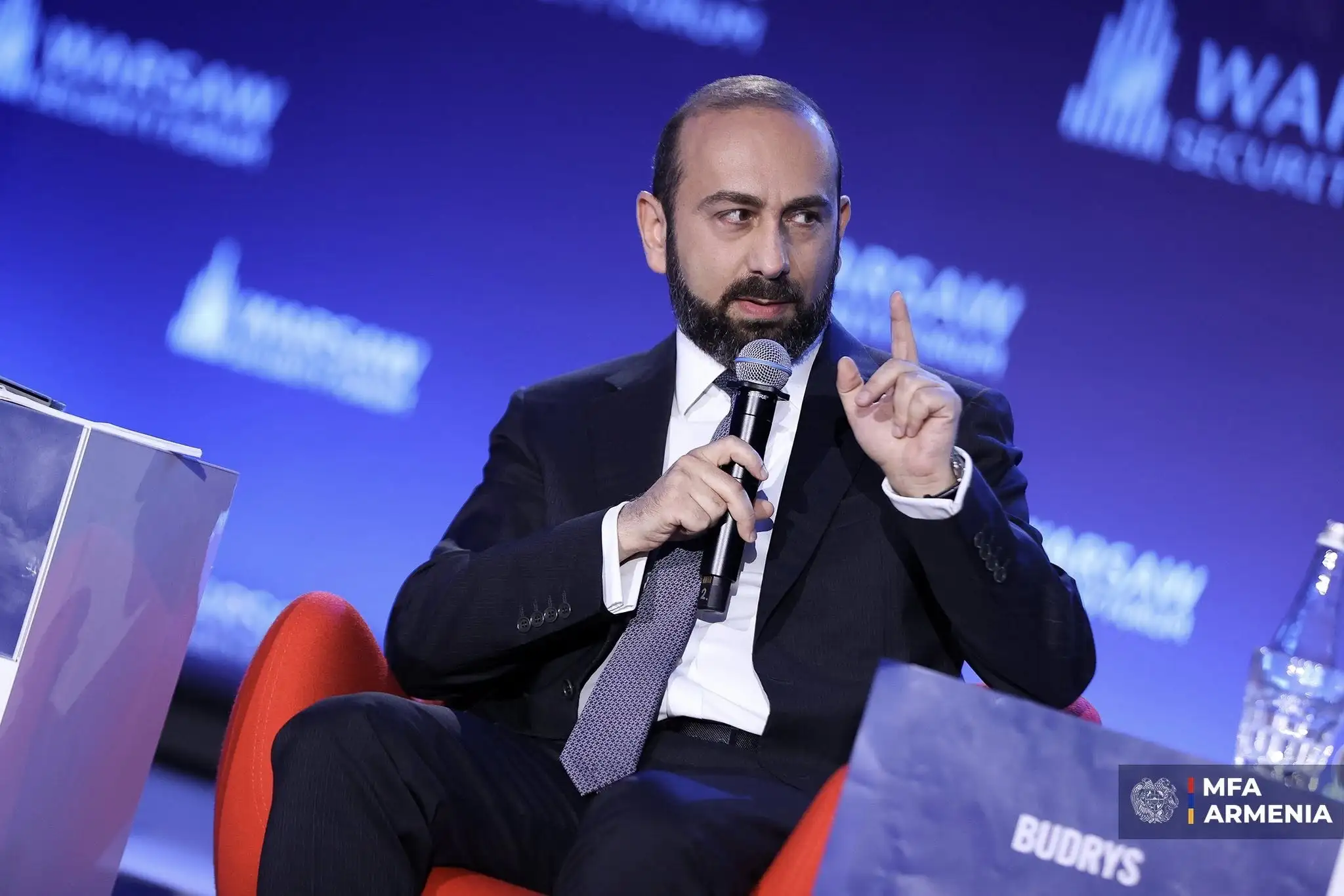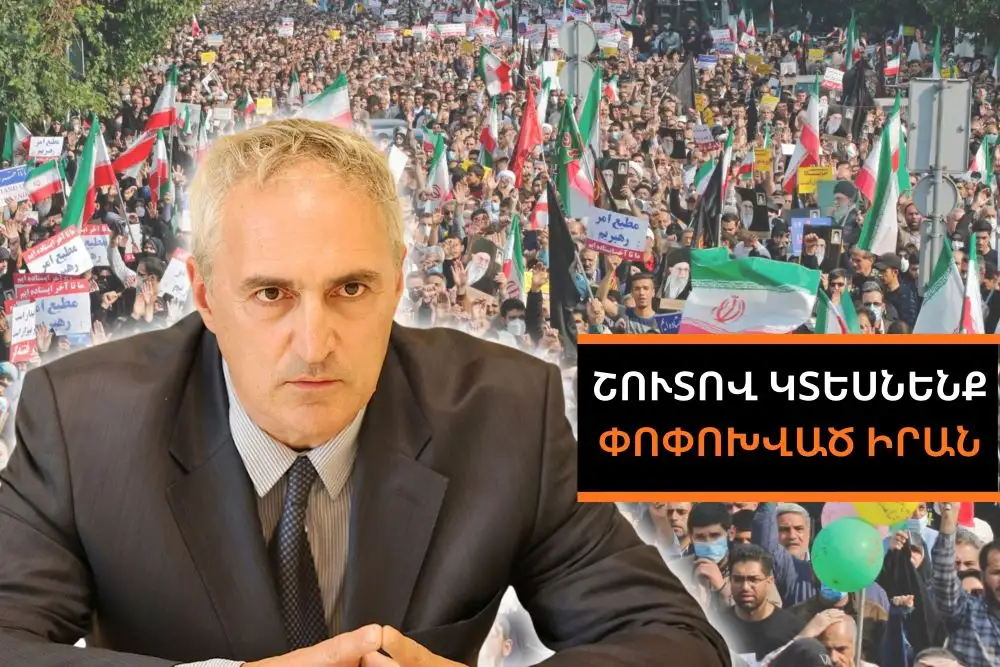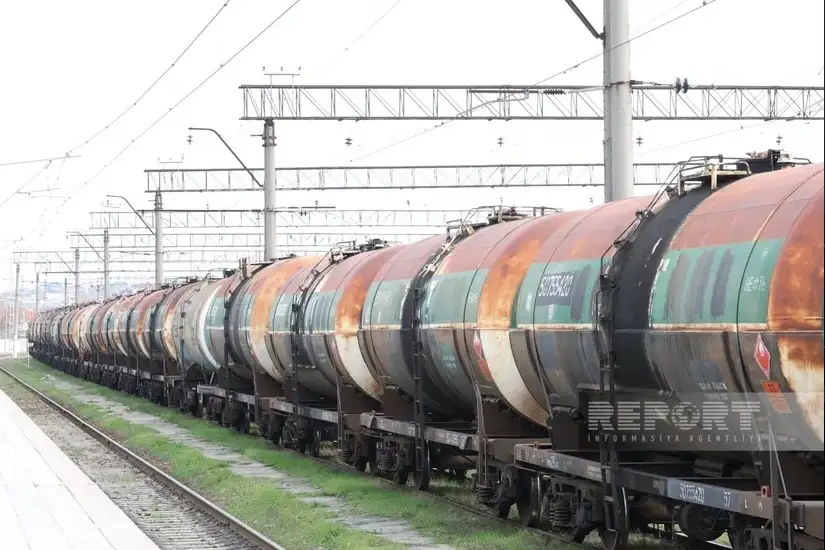On September 29, RA Foreign Minister Ararat Mirzoyan participated in a high-level discussion entitled "From Lisbon to Yerevan: Shaping Europe's Strategy for a Wider Neighborhood" within the framework of the Warsaw Security Forum.
The other speakers at the discussion were Lithuanian Foreign Minister Kestutis Budris and Benjamin Haddad, Minister Plenipotentiary for Europe and European Affairs of the French Ministry of Foreign Affairs.
Below are Minister Mirzoyan's answers to the questions raised:
Zbigniew Pisarski: I said that on your right is the Minister of Foreign Affairs of Armenia, a good friend. He is a very experienced minister. Ararat, I must mention that it was an outstanding achievement during your tenure in August to initiate the peace agreement between Armenia and Azerbaijan at the White House. I believe that this would not have happened without Armenia's skillful diplomacy. I am glad to host you here.
Mr. Mirzoyan, you know that I am a great admirer and supporter of Armenia. After listening to the previous speakers, what do you expect from Europe and the European Union in this area? And what is your experience in working with the European Union in this area?
Ararat Mirzoyan: First of all, thank you very much for your introductory words. I don't think I deserve those words, but you were probably very kind.
Zbigniew Pisarski: A real diplomat, very modest.
Ararat Mirzoyan: By the way, I am not a diplomat; my experience is not based on diplomacy.
Excuse me for saying this, dear colleagues, there is some confusion here. First of all, is it about Europe or the European Union? These are different. When discussing the European Union, we can be a potential member or even the next one. When talking about Europe, the Lithuanian minister is absolutely right: we are equally part of Europe, just like you.
We also touched on the concepts of New Europe and Old Europe. We discussed the contrast between values and interests. Here, I must disagree with you, dear friend. Interests are values. I mean that values should be interests, because if you adapt your policy to the interests that you feel are beneficial to you, and then one day, two days, a third time, by making compromises, you take a step back from your values, and then you find yourself in a situation where, perhaps, your real policy is far from values. Yes, to me, the EU is first and foremost about democracy and human rights.
If there are concessions, if one closes one's eyes to the human rights situation in one country, then in the end, the EU will become less interesting and less attractive for me personally. In this sense, Armenia is also a democracy, much like the EU. We are already a democracy, yes, an inexperienced one, but we are also an established one, and, of course, we will continue our democratic reforms. So, this dilemma of interests and values, I think, is a trap. It is an artificial question.
Zbigniew Pisarski: Mr. Mirzoyan, let me clarify what I meant a little. Sorry if my words were not clear enough. I meant the current foreign policy of the United States, in particular, J.D. Vance's speech at the Munich Security Conference, where he noted that Europe itself is the source of its problems. And when the US government decided to close USAID and abandon the tools of American "soft power", in my opinion, it was to some extent a "betrayal" of the values on which the United States is built, and a focus only on a policy based on interests. However, there is a danger in such a policy, in the sense that someone can make a more profitable offer, and in that case, you appear on the menu….
Ararat Mirzoyan: That's precisely what I'm talking about.
Zbigniew Pisarski: And for small countries to be in such a transitional phase of relations is really dangerous. Sorry, this was just a clarification.
Ararat Mirzoyan: Sorry if I added unnecessary confusion. But yes, you are right. Many events are taking place in Europe's strategic neighborhood. And yes, we can start with the United States. The strongest ally and partner of the EU and its member states today can have somewhat, and sometimes significantly, different opinions on the most vital issues.
This forces the EU to reconsider many of its approaches, viewing them from the outside as an observer. For example, to increase its sovereignty, the EU can form institutions that give the union additional confidence.
If we look to the east, Europe faces significant risks in the context of the war in Ukraine. There have been recent reports of airspace violations. A lot is happening around the EU, and many important issues need to be at least rethought and reassessed.
But I don't want to focus only on the negative. There are also positive processes underway in the world. And here I would like to touch upon the South Caucasus, Armenia. Recently, we established peace with Azerbaijan, as declared in Washington. The declaration of peace was signed by the Prime Minister of Armenia and the President of Azerbaijan, with President Trump serving as a witness and signatory to the process.
At the same time, we, the Foreign Ministers of Armenia and Azerbaijan, initialed the Peace Agreement between Armenia and Azerbaijan. We have agreed to recognize each other's territorial integrity and borders. We have agreed on common principles within the framework of which the transport infrastructure between the two countries should be unblocked. I say this to show that the signing of the declaration between Armenia and Azerbaijan and the establishment of peace not only ensures stability or eliminates the "gray zone" in the immediate vicinity of the EU, but also creates new economic and trade opportunities.
Imagine, when the railway connection between Armenia and Azerbaijan is restored, this will be of great importance not only for that part of the world, but also for a much larger region, including the EU. But, again, it is not limited to this. The establishment of peace in the South Caucasus enables the region's countries to strengthen their sovereignty, reduce their dependence on other major capitals, and provides an opportunity to develop a distinctive foreign policy. Let me give a specific example: In Armenia, we adopted a law in the National Assembly that makes EU membership a mandatory state policy for the government. In other words, there is a political will on our part, there is a decision enshrined in law, and now it is up to the EU partners to make their decision.
Zbigniew Pisarski: Thank you. Thank you very much for presenting the Caucasian perspective.
(...)
Benjamin Haddad: We support the peace agreement, which was initiated with the assistance of the US administration. I believe this is factual evidence that the Armenian government has demonstrated great courage in navigating a challenging situation in recent years and has continued to resolutely engage in diplomacy, seek peace, and implement reforms, while also supporting democracy and combating corruption. In this regard, the Pashinyan government is truly commendable. We maintain regular contact with the Armenian government, as well as with President Macron and Prime Minister Pashinyan, and we are prepared to support the implementation of this peace agreement.
(...)
Zbigniew Pisarski: I would like to touch on Georgia, which was a great hope for Europe, for the future of Georgia, for the Europeanization of Georgia. I recall when President Saakashvili received the Knight of Liberty award here at the Warsaw Security Forum. And what lessons can Armenia learn from Georgia's history? What can we do to help you avoid the mistakes that Georgia or we made, the errors that led to Georgia's current situation? What can we do to help you secure the future of a democratic Armenia and a Euro-Atlantic Armenia?
Ararat Mirzoyan: The fact is that no one has canceled Georgia's candidate status, neither Georgia nor the EU. Therefore, the truth is that Georgia is a candidate for EU membership. The rest is a matter of interpretation, of ongoing political processes that may change one day, but strategically, the status quo remains.
Conclusion for Armenia: I agree with my Lithuanian colleague: we should not lose the moment. Sometimes, and here again, a mild criticism, we should not allow bureaucracy to prevail over political decisions.
Politics is the arena, the path, where we, our people, and our country must make decisions. Politically, the EU has to make a decision. We will continue our reforms, strengthen our democratic institutions, and raise the quality standards of our products, making integration possible. Ultimately, the decision has to be political. If the EU accepts us, we will all benefit. If you reject us, however, we will have reformed political institutions, and we will benefit from that too.
So, yes, we need to be bolder, more political, and less bureaucratic.
However, there is a nuance that I would like to address. The mediation or support of a peace treaty between Armenia and Azerbaijan is not a matter of competition.
The process was long, and the negotiations lasted several years. There were political leaders involved. President Macron organized a meeting within the framework of the European Political Community in Prague. That happened a few years ago, on October 6. It was during that meeting that a fundamental agreement was reached between Armenia and Azerbaijan, an agreement to recognize each other's territorial integrity, based on the Alma-Ata Declaration of 1991, which, in turn, means that the borders between Soviet Armenia and Soviet Azerbaijan are recognized as the borders of present-day Armenia and present-day Azerbaijan. This was a cornerstone event, an achievement.
(...)
Zbigniew Pisarski: Will the next European Political Community Summit be held in Armenia?
Ararat Mirzoyan: Yes, and I would like to emphasize that the European Political Community Summit is a fundamental mechanism and a significant platform. We are proud to announce that the next one will be held in Armenia on May 4, 2026. We will wait for you all there.
Zbigniew Pisarski: Thank you very much to everyone. I sincerely believe that we should continue this discussion in Yerevan, during the European Political Community Summit or the "Yerevan Dialogue", of which the Pulaski Foundation is a partner. Therefore, we invite you all to visit Yerevan, and I believe that this will be not only a step, but also proof that we are open to our neighbors and support them, especially when they take bold steps towards the Euro-Atlantic community, sharing the same values.
And that's our role, not to leave them alone in this effort, because it's a complicated and challenging path, and they need our support, political and otherwise. Thank you very much, and I hope you'll join me in applauding our excellent speakers.




















